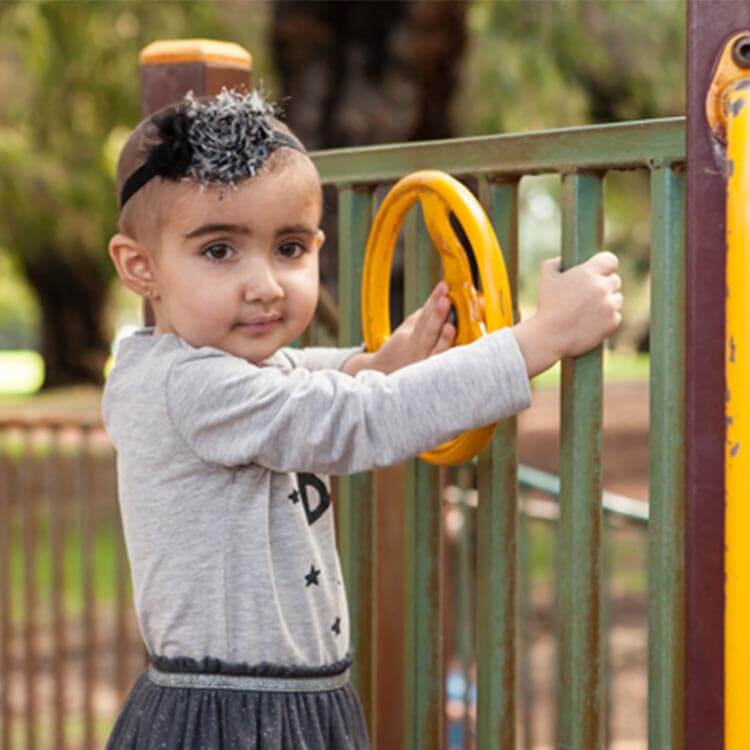Search
Research
Evaluation of the Positive Parenting ProgramIn 2016, the Australian Centre for Child Protection (ACCP) and The Kids Research Institute Australia (The Kids) were engaged to evaluate the implementation and impact of Triple P in South Australia.
Research
Analysis of gender differences between boys and girls in South AustraliaThe Department for Education commissioned this report to understand how such gender differences in early childhood may influence outcomes later in life.
Research
Early literacy skills: review of evidence for pedagogical approaches that best support children’s early literacy skillsRecent evidence indicates that a child’s home learning environment is the strongest predictor of success in later reading abilities and that for children not receiving structured language and reading support at home.
Research
Evaluation of Children's Centres in South AustraliaYasmin Harman-Smith BA, BHlthSc(Hons), PhD Head, Early Years Systems Evidence; Head, Tenders Support Unit Yasmin.harman-smith@thekids.org.au Head,

Research
Evaluation of the Community Playgroup ProgramThis evaluation explored the facilitators & barriers that influence Community Playgroup attendance, and the impact of attending playgroups on child development.
Research
Public Health Approach to Child Abuse and Neglect: Antecedents and Outcomes (Apr 2012 to Jun 2019)This project uses longitudinal population data provided through the Developmental Pathways in WA Children Project (Developmental Pathways Project).
Research
Early Childhood DevelopmentEvery child deserves the best possible start in life. Evidence demonstrates the period from pre-birth to three years is a vital period of development. It lays the foundations for a child’s future and has life-long impacts on health, education, job opportunities, social inclusion and wellbeing.
Research
Health literacy scale for English-speaking children: translation and validation of the HLS-Child-Q15-ENTo translate and validate the HLS-Child-Q15, a relatively short questionnaire for assessing health literacy in children originally validated in German, into English to make it accessible to a large population of English-speaking children.
Research
Quantitative electroencephalogram and machine learning to predict expired sevoflurane concentration in infantsProcessed electroencephalography (EEG) indices used to guide anesthetic dosing in adults are not validated in young infants. Raw EEG can be processed mathematically, yielding quantitative EEG parameters (qEEG). We hypothesized that machine learning combined with qEEG can accurately classify expired sevoflurane concentrations in young infants. Knowledge from this may contribute to development of future infant-specific EEG algorithms.
Research
Efficacy and Safety of Epicutaneous Immunotherapy in Peanut-Allergic Toddlers: Open-Label Extension to EPITOPEThe pivotal phase 3 EPITOPE trial, a 12-month, double-blind, placebo-controlled study of epicutaneous immunotherapy with the VIASKIN patch containing 250 μg of peanut protein (VP250), previously reported significant treatment response versus placebo in peanut-allergic toddlers aged 1 through 3 years.
